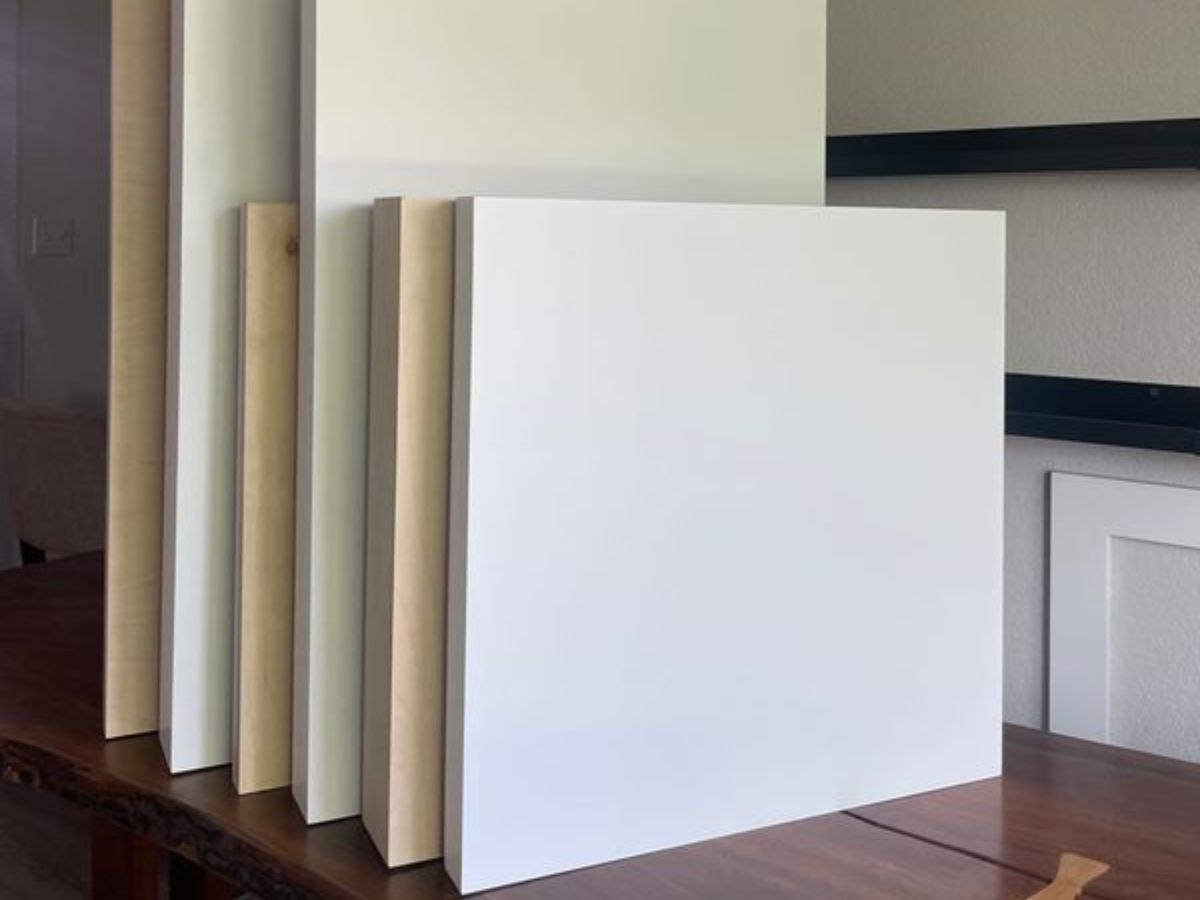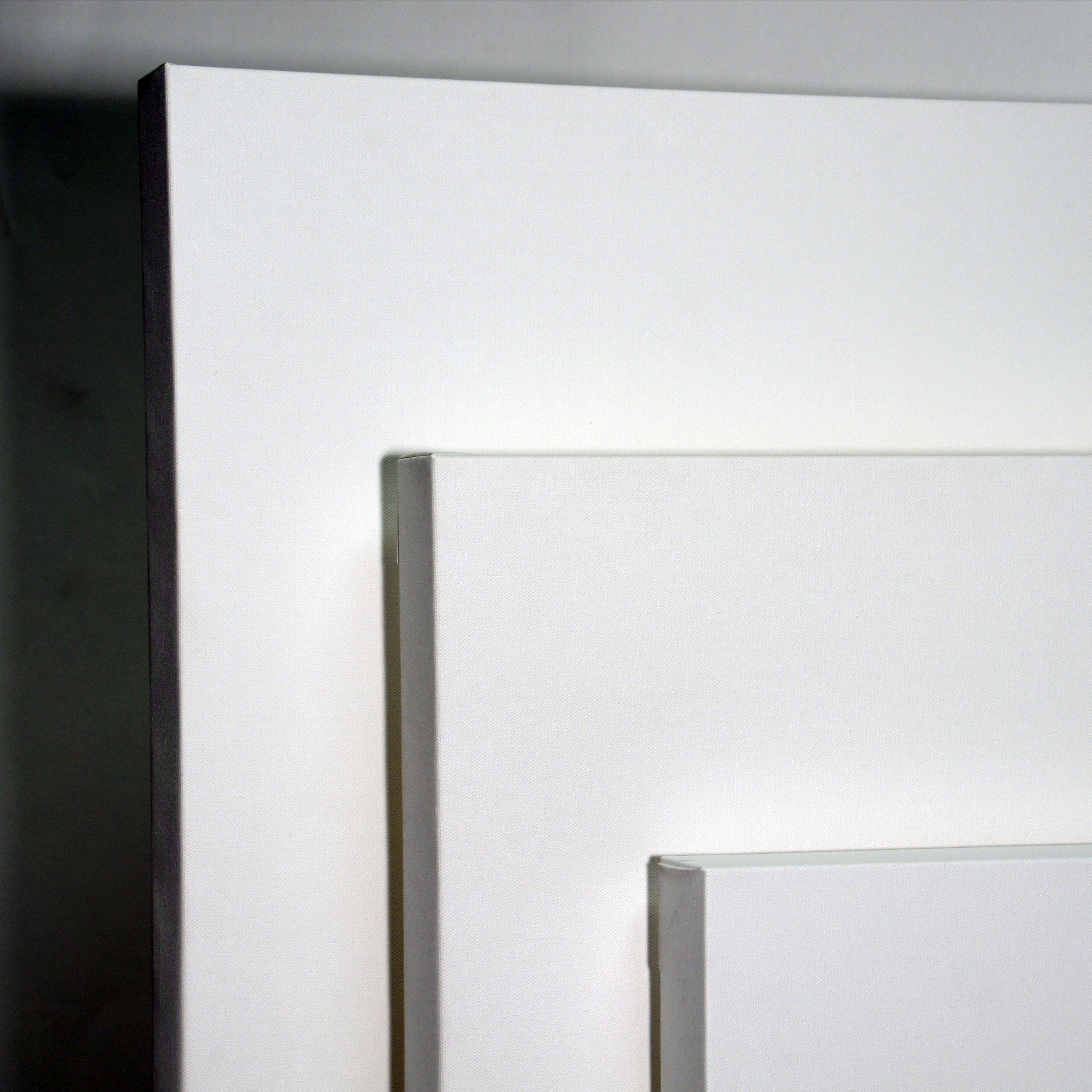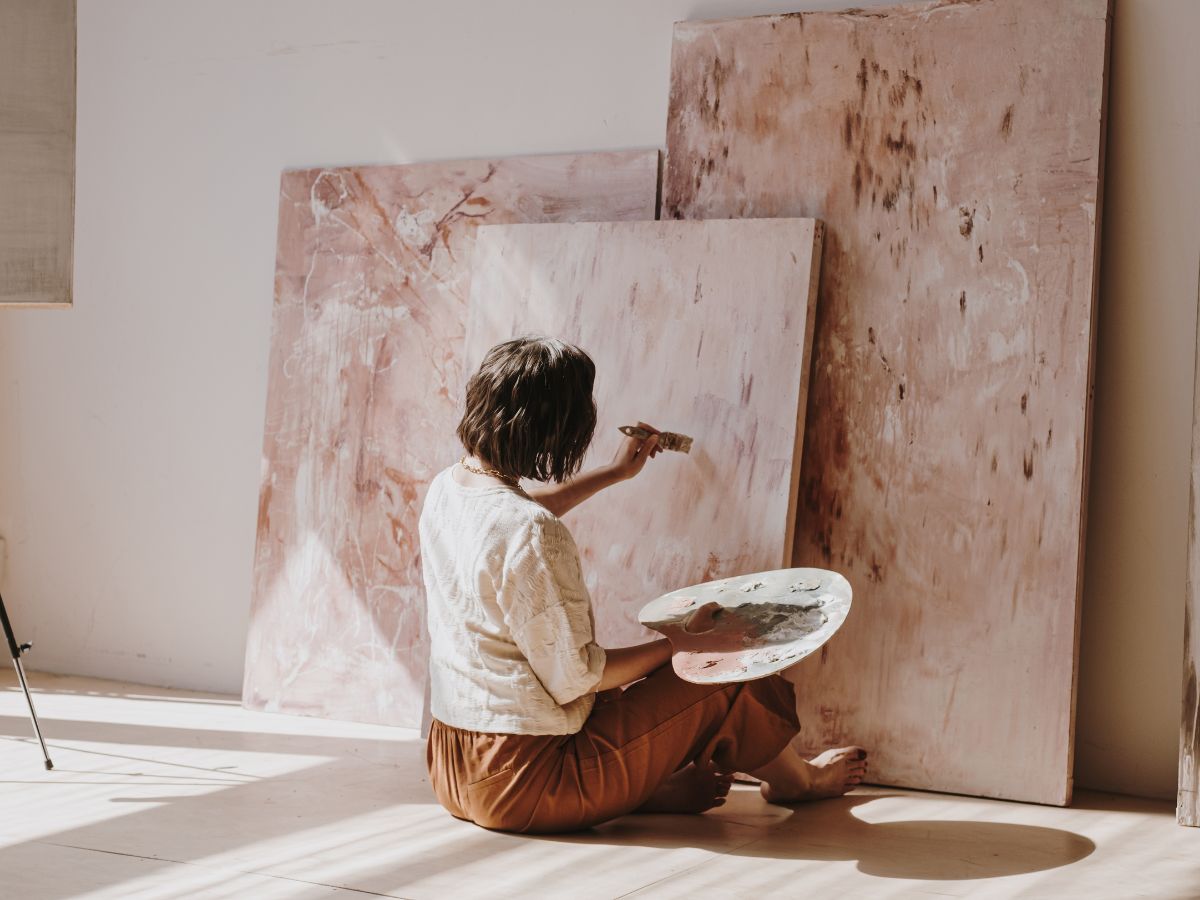
Best Painting Mediums for Custom Wood Panels
Painting on custom wood panels gives you a solid, long‑lasting surface and opens up creative possibilities. Here’s a clear, artist‑to‑artist guide on the best mediums to use and why they shine on wood.

Painting on custom wood panels gives you a solid, long‑lasting surface and opens up creative possibilities. Here’s a clear, artist‑to‑artist guide on the best mediums to use and why they shine on wood.

Working on a painting and thinking, “I need a size that fits just right?” You’re not alone. Choosing custom‑sized canvases lets you match your vision exactly—to the space, the medium, and the feel you want. It’s about purpose, scale, and avoiding compromise.

When you sell or transport artwork, especially stretched canvases, framed pieces, or mixed-media panels, proper packaging isn’t optional. It protects your work, your reputation, and your investment. Here’s a guide to packing and shipping artwork safely.

When it comes to painting surfaces, canvas gets most of the attention, but wood panels deserve a solid place in your studio. They’re stable, versatile, and perfect for detailed work. But not all wood is created equal. The type you choose matters for your technique, your materials, and the longevity of your work.

When you buy painting canvases straight from the manufacturer—like CanvasLot—you gain advantages you won’t get from middlemen or big-box retailers.

If you’re an artist, you know the value of quality materials. CanvasLot’s canvases offer a professional-grade surface that saves time and enhances your work.

Selecting the appropriate canvas is a decision that influences the outcome and longevity of your artwork. Understanding the characteristics of different canvas types can help artists make informed choices that align with their creative goals and practical needs.

Grattage, meaning “scraping” in French, is a painting technique where artists scrape off layers of wet paint to reveal textures and patterns beneath. This method, developed by surrealist artist Max Ernst in the 1920s, allows for spontaneous and textured effects in artwork.

Mass-produced art is everywhere—affordable, accessible, and often stylish. As an independent artist, it can feel like you’re competing with a machine. But here’s the truth: your unique voice, story, and craftsmanship are your strengths.

As a visual artist, selling your artwork is important to your career’s success. The two primary channels—traditional art galleries and online platforms—each offer distinct advantages and challenges. Understanding these can help you decide which to use that aligns with your artistic goals and business strategy.